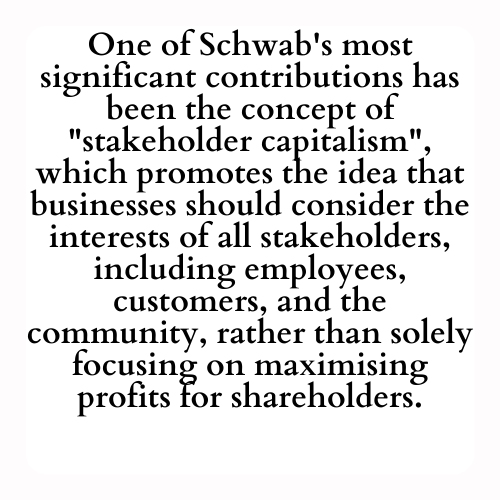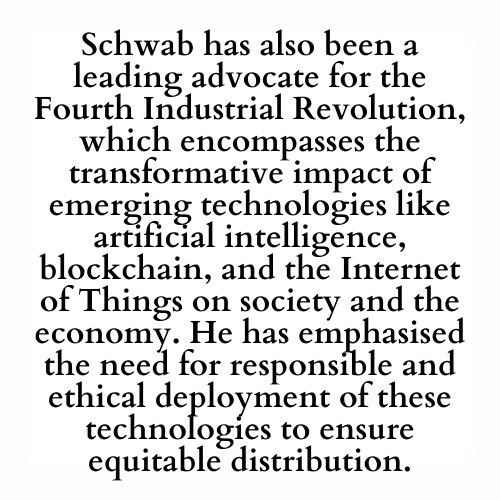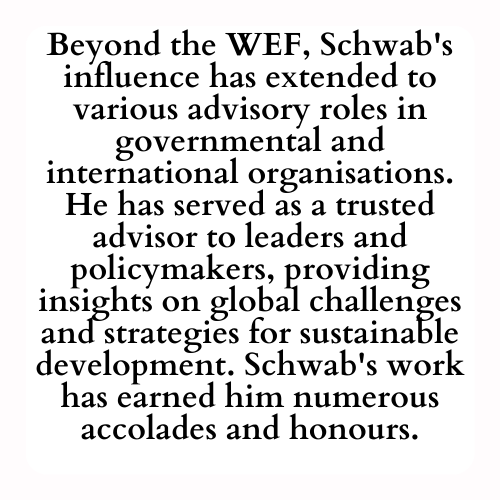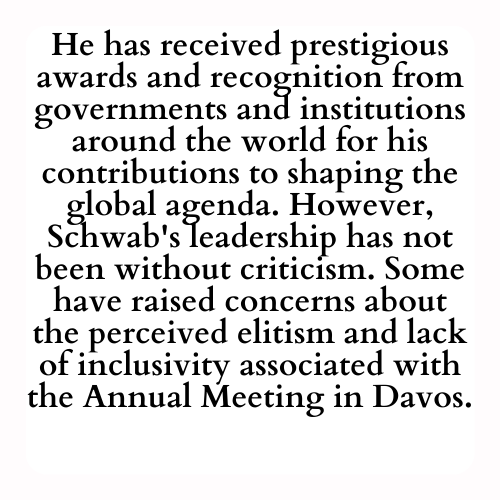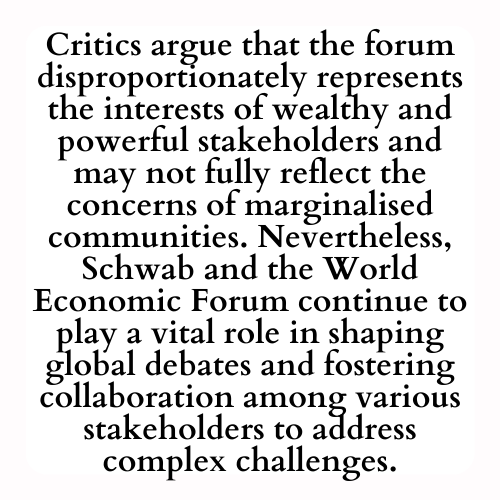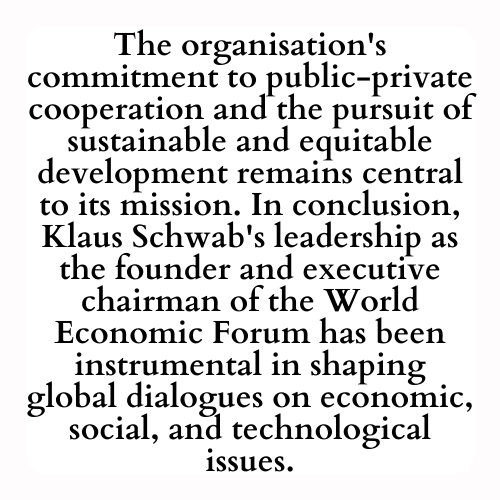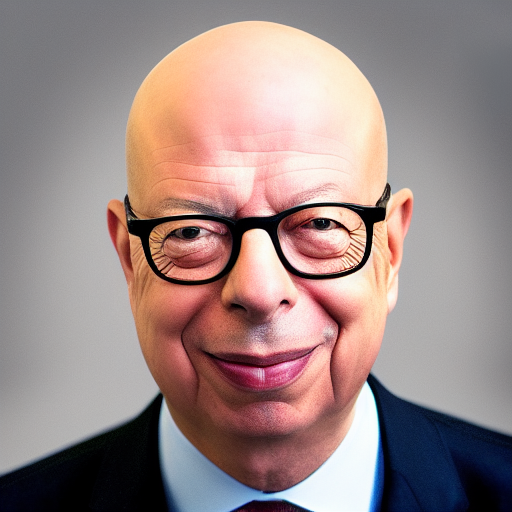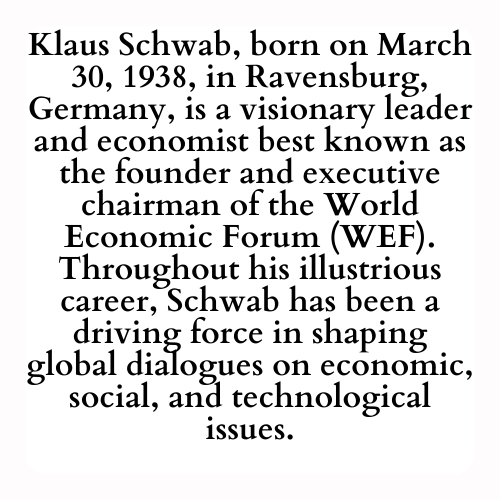
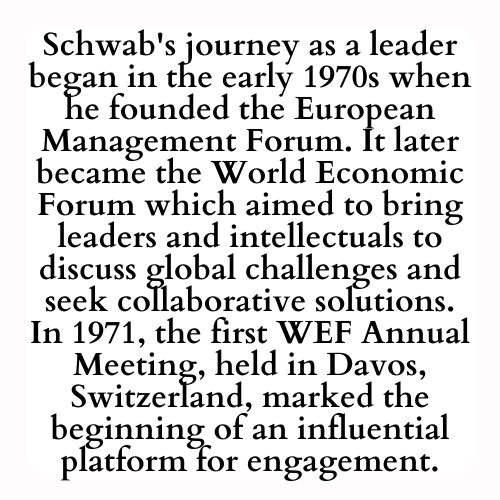
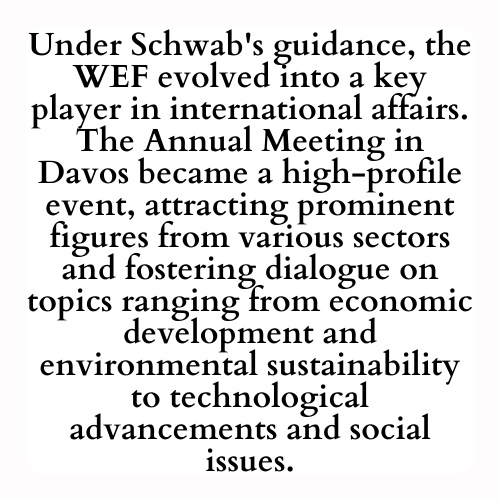
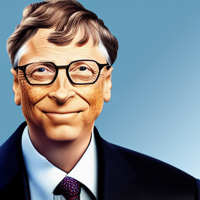
Bill Gates
a visionary entrepreneur and philanthropist, has made an indelible impact on the world through his innovations and philanthropic endeavours.
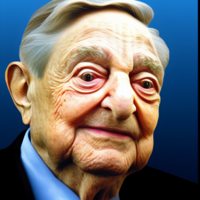
George Soros
born on August 12, 1930, in Budapest, Hungary, is a polarising figure whose impact spans both the financial and philanthropic realms.

Greta Thunberg
born on January 3, 2003, in Stockholm, Sweden, is a young climate activist whose dedication to environmental advocacy has inspired a global movement.
